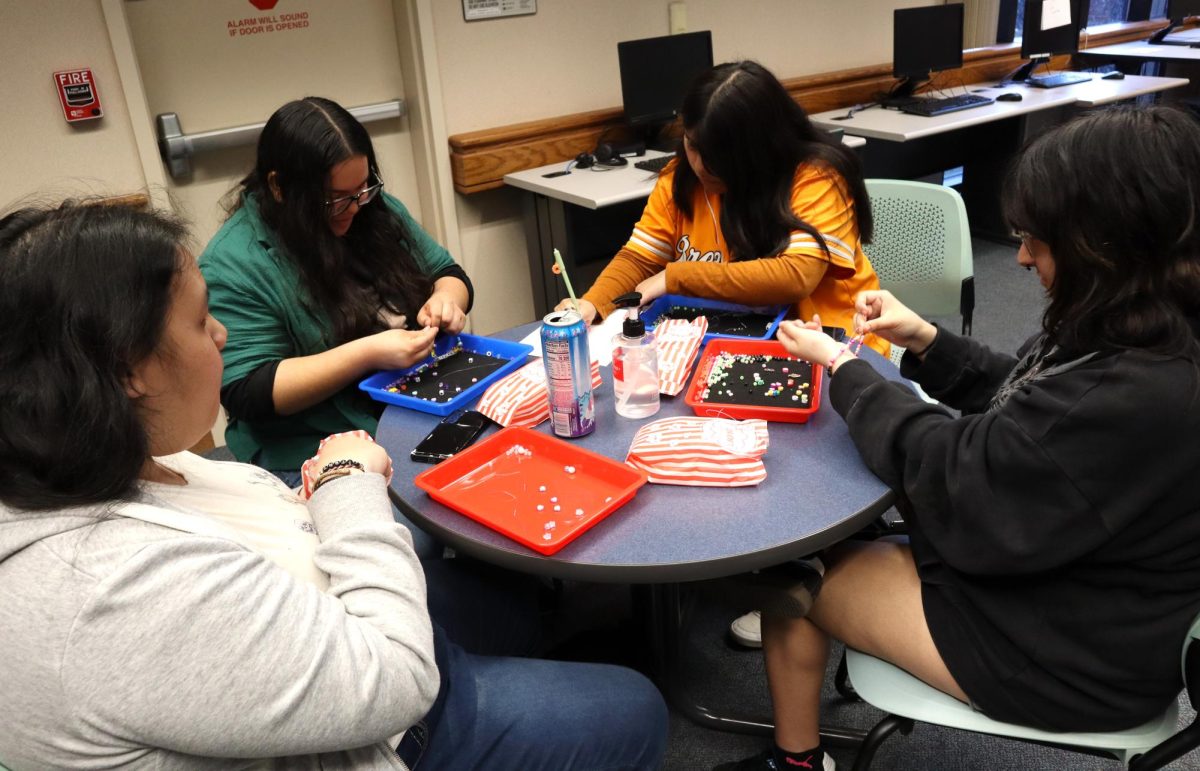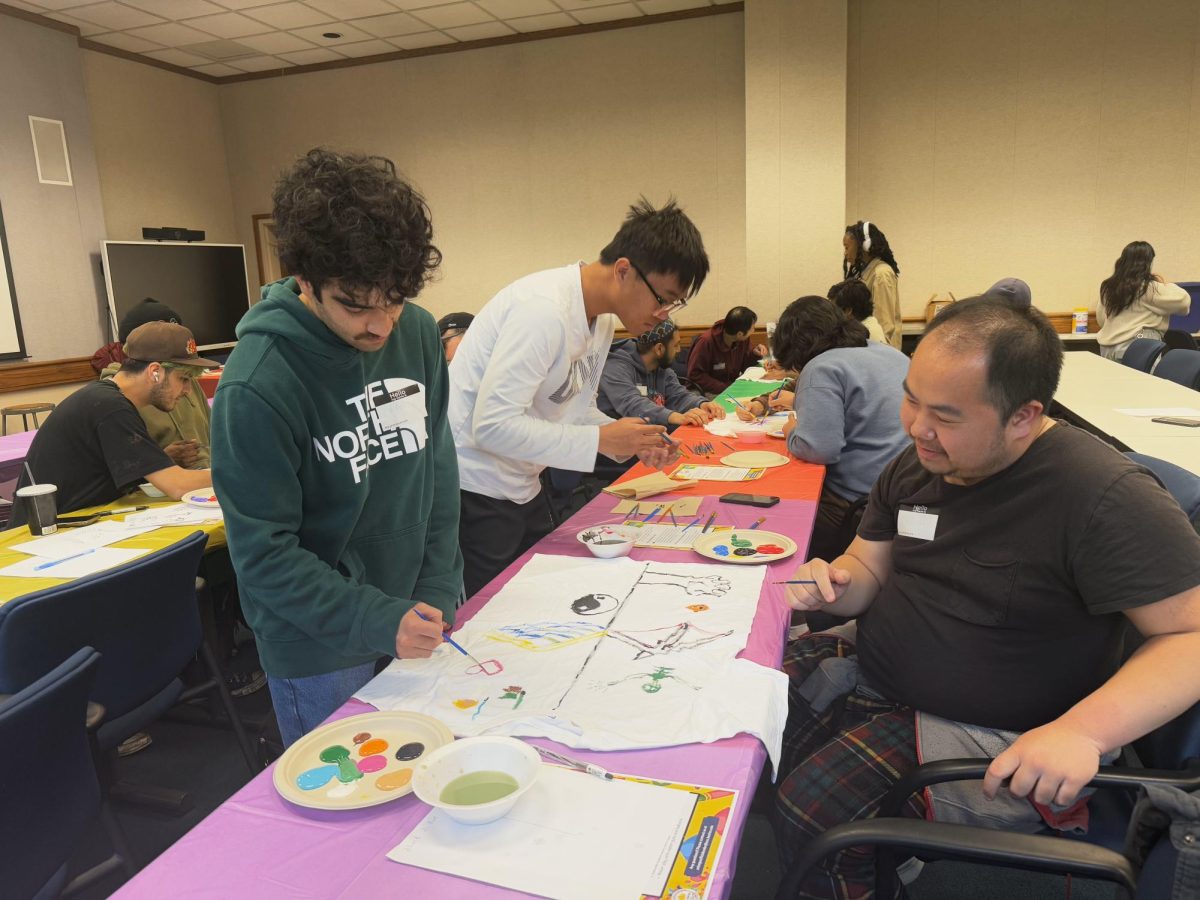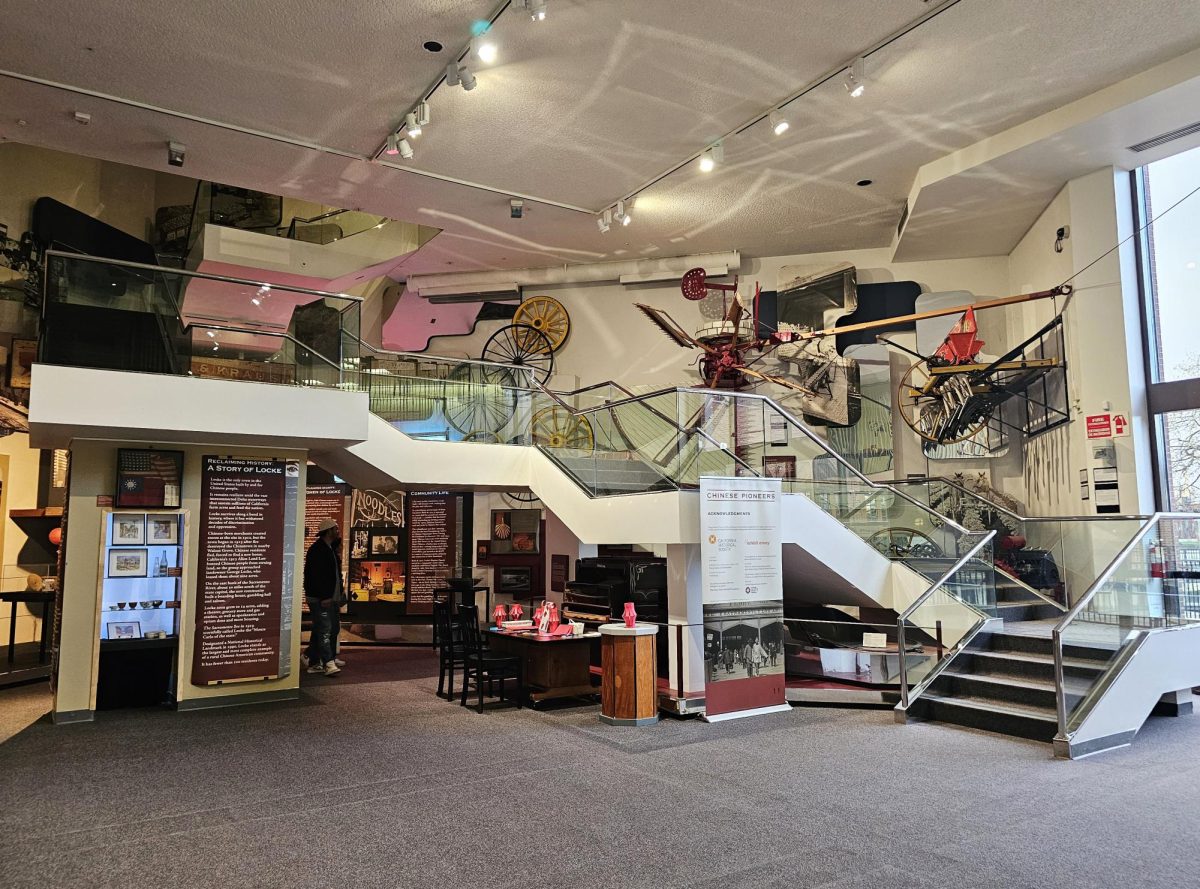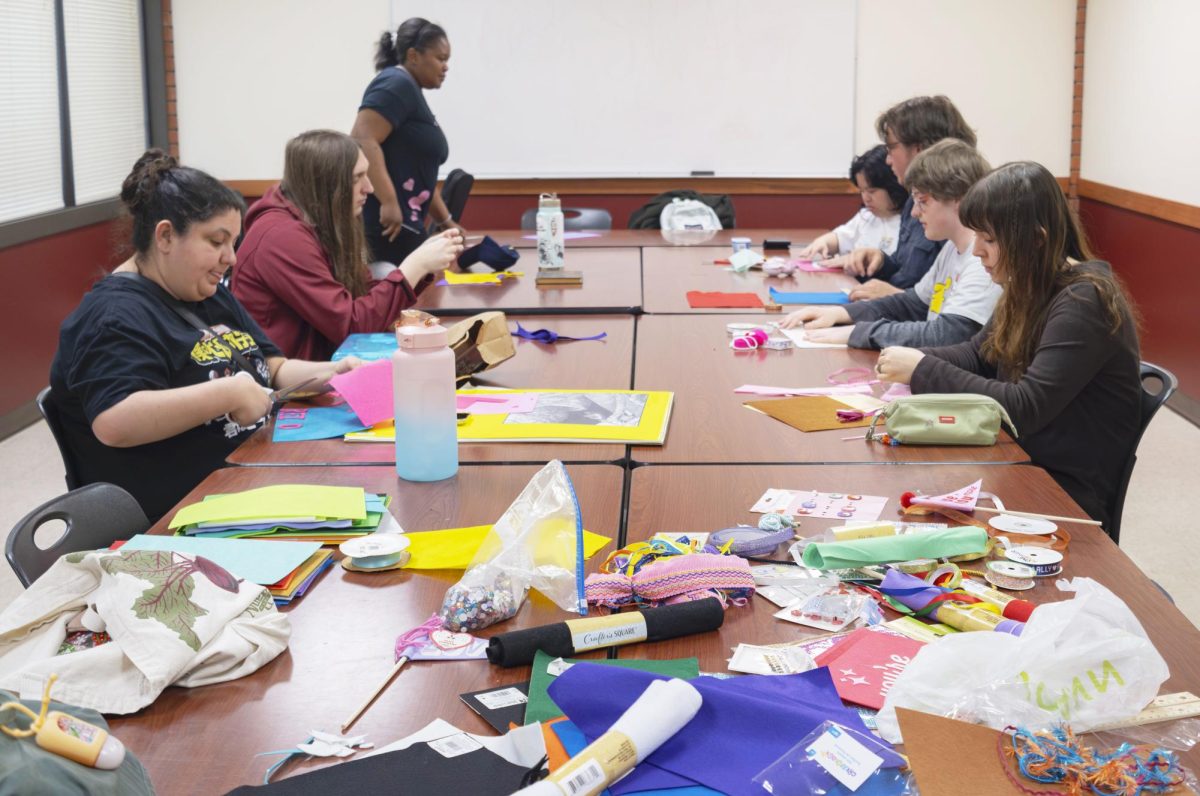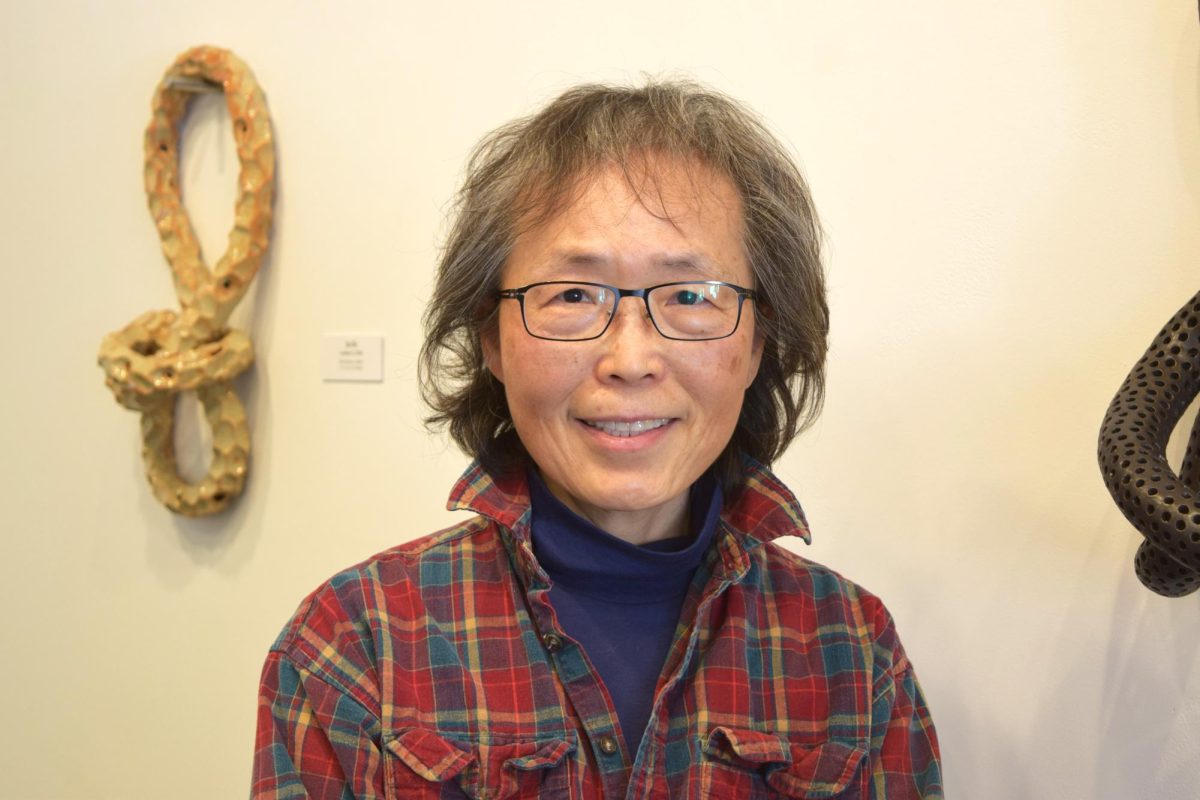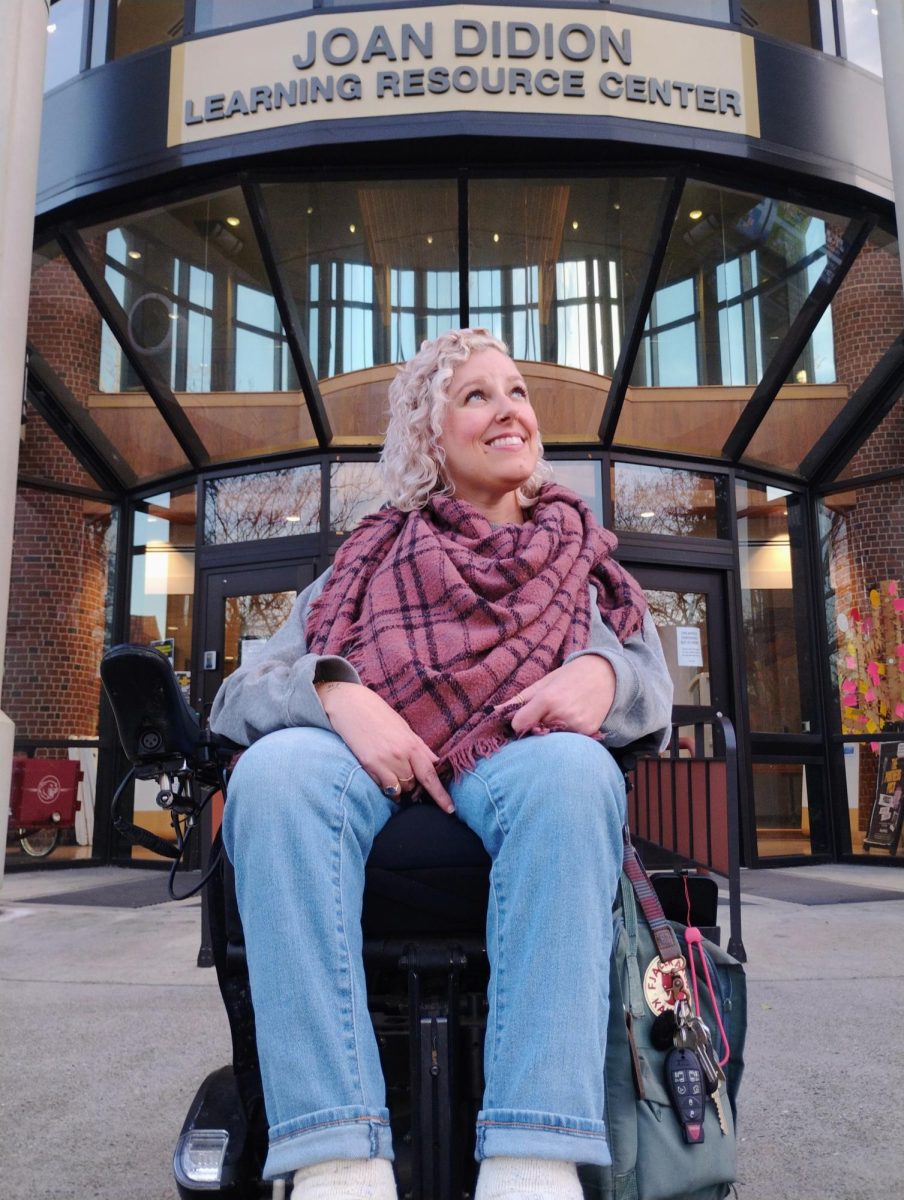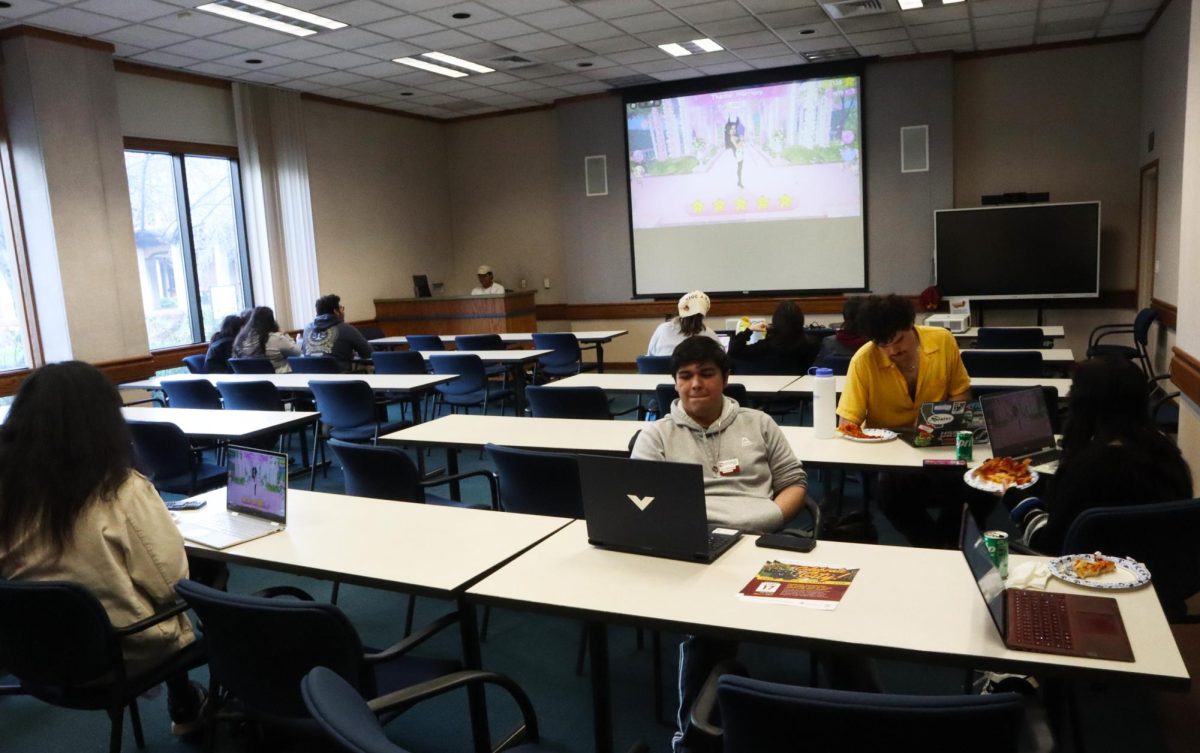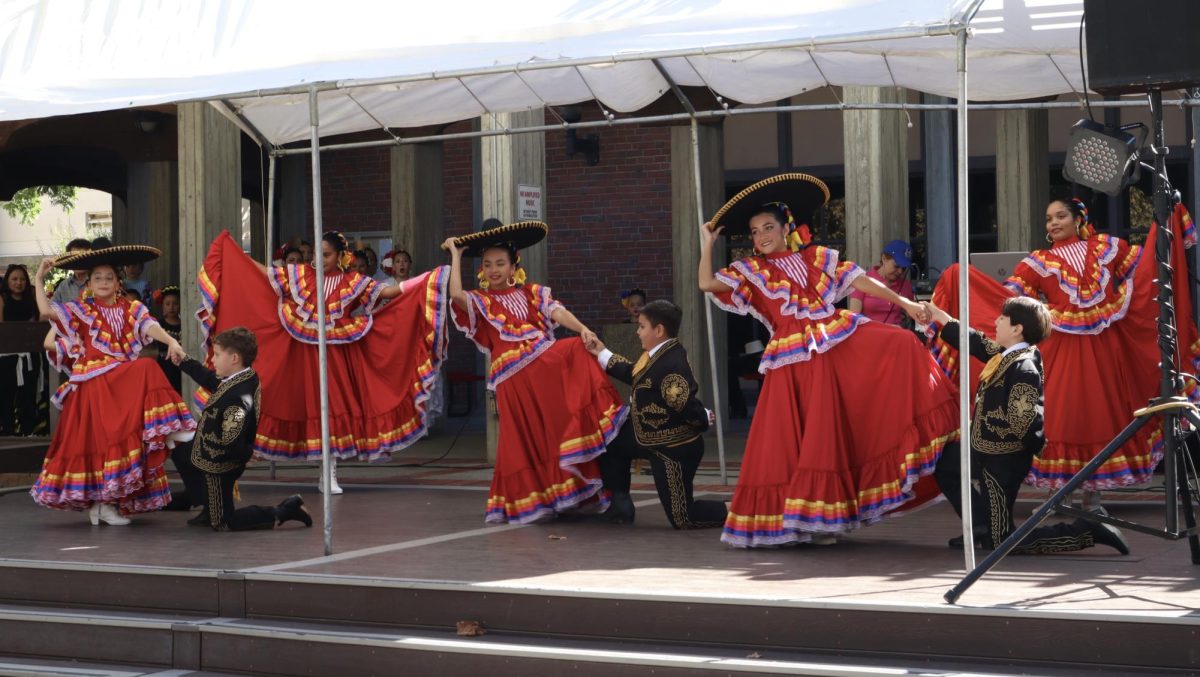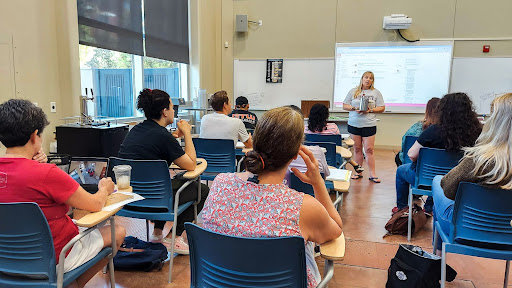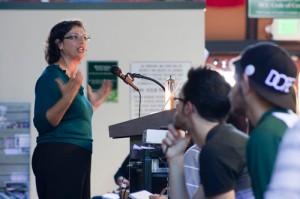
National best-selling author Sonia Nazario reflected Sept. 15 on her life as a journalist, as well as the lives of thousands of immigrants on their journey through South America, when she visited City College.
The LA Times reporter was dedicated to tell stories of the poor and undocumented immigrants from South America when she spoke to nearly 200 students and faculty who gathered in the Student Center. Nazario spent more than 20 years writing as a reporter and has spoken to a variety of high schools and colleges across the country, including City College in 2010.
According to Nazario, immigrants are people who are willing to leave everything that they know to the unknown. Her father’s family left Syria to immigrate to Argentina, and her mother’s Jewish family fled Poland prior to World War II to go to Argentina.
Nazario’s parents left Argentina where they grew up to explore the U.S, and “like most immigrants my parents came to America for the opportunity,” said Nazario.
At the age of 14, Nazario said she decided that she wanted to become a journalist because she wanted to tell stories that mattered, but she had no idea how to do so. Her father’s death had plunged her family from middle-class to working poor. Her mother was a single parent who had never gone to college raising four children.
Nazario told the City College audience that she went to work at the age of 15 to support her family by bussing restaurant tables. She said she went to school and got good grades. She and her boyfriend at the time were accepted into Williams College in Massachusetts, ranked No. 1 in the country for liberal arts in world reporting.
“To say that I felt overwhelmed was an understatement,” said Nazario. “I had gone to a bad public high school in Kansas. I had not written a paper that was longer than three pages, and quite honestly I hadn’t read many books.”
According to Nazario, she was one of five Latinos on a campus of 2,000 students and was determined to do well in school. She graduated in 1982 with honors from Williams College. Shortly after, at the age of 21, she was hired by The Wall Street Journal. Though it was a business paper, Nazario recalled that she managed to focus on social issues by writing about social injustices facing women, children, the poor and Latinos—people who didn’t get written about nearly enough.
Nazario said she became an expert at “fly on the wall reporting,” the act of watching the action of something play out, and found that it was the best way to grab the readers attention and take them on a journey.
“It had a certain power and immediacy to a story that you couldn’t get any other way,” she said.
One of her most powerful stories arose from a conversation with Nazario’s housekeeper, Carmen. According to Nazario, Carmen’s husband abandoned her, leaving her with five children that she could barely feed once a day. Carmen left four of her children in the care of their grandmother in their native Honduras so she could go north and find work, which she did in Los Angeles.
Nazario said she decided to pursue a story about a dangerous journey from Honduras, off the migrant route and into the homes of dozens of women who were just like Carmen, which became the basis for her Pulitzer-prize winning book “Enrique’s Journey”.
Nazario reflected on her journey through South America and wanted to experience what thousands of migrants experienced each year. She spent a couple of weeks with Enrique, a 15-year-old migrant abandoned by his mother, and traveled 1,600 miles with him; half of which on top of freight trains in Mexico.
“In 2000, there were 48,000 children traveling without their parents to the United States,” Nazario said. “Today about 100,000 children a year immigrate—some have come to work, but the majority have come to find their parents who left them behind.”
City College student Andrew Song, a business major said he found Sonia Nazario’s words inspiring and if given the chance to see her again, he wouldn’t pass up the opportunity.
“Her story was really inspiring,” said Song. “It was crazy that she went on the trip herself. That was weird.”
City College student Cecilia Flores, majoring in communications said she was impressed with what Sonia had to say and she learned a lot from Nazario’s speech.
“I liked how engaging she was,” said Flores. “ She pretty much painted the experience for the audience. It gave me an incite about what journalists go through.”



